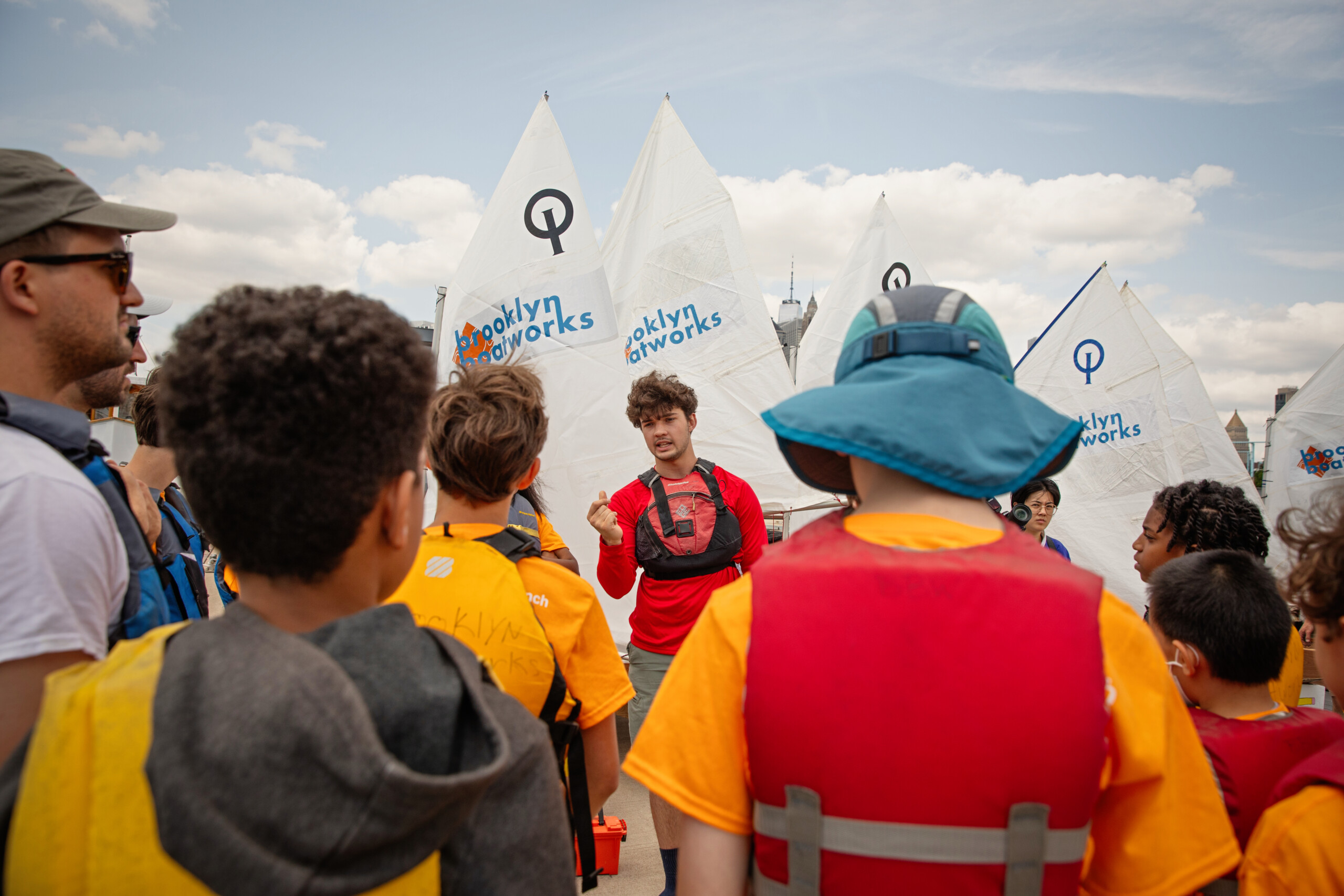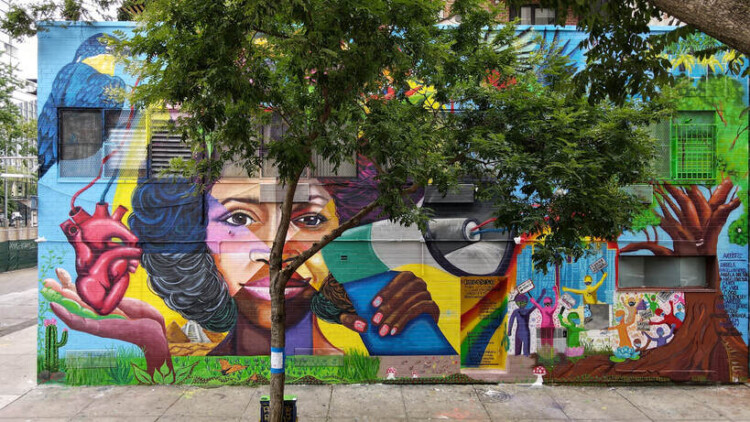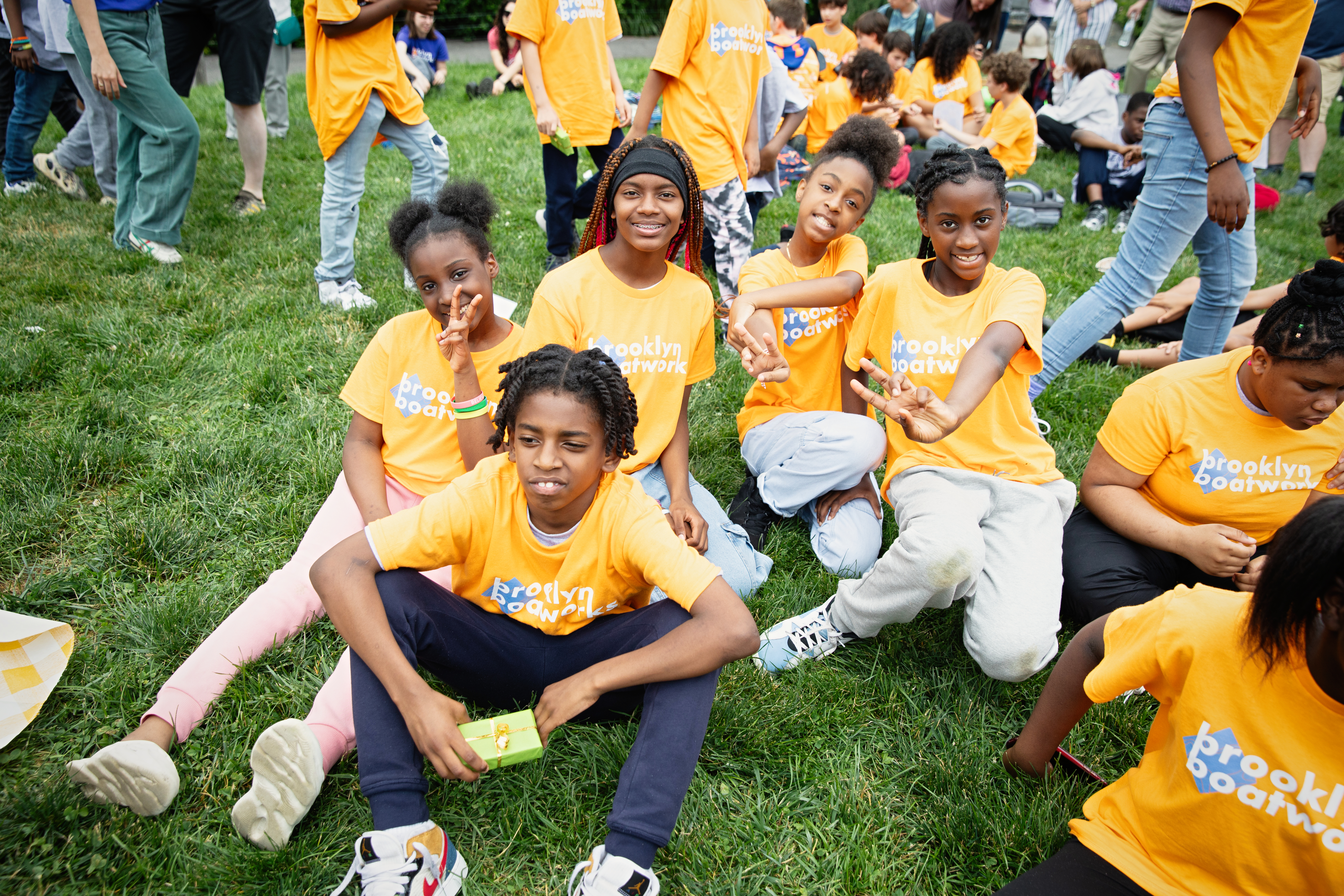The Youth Service Capacity-Building Grants (YSCG) program supports activities to strengthen the organizational infrastructure of small nonprofit organizations in the five boroughs of New York City that provide direct services to young people ages 5 to 25. The program provides $60,000 of general operating support over three years so that grantees can determine the best way to address their needs.
Beyond financial support, YSCG provides free access to technical assistance to encourage grantees’ success. The Foundation partners with Community Resource Exchange to provide one-on-one support and learning community meetings over the three-year term of the grant. One-on-one support creates the opportunity for grantees to receive customized assistance related to their capacity-building goals, and peer-based learning and coaching allows grantees to discuss challenges, seek advice from peers, and collaborate across projects in a supportive space.
To learn how this aspect of the YSCG program is playing out on the ground, we spoke to two grantees to learn about their experience with the Community Resource Exchange (CRE). Jessica Greenawalt is the Executive Director of the Arthur Project and Mary Greuser is the Deputy Director of Programs and the Educational Video Center.
Could you tell us a little bit about your organizations?
Jessica: I’ve been with the Arthur Project since it was founded six years ago on the premise that kids are entitled to good mentoring relationships with adults in their lives. We wanted to change the conversation around what mentoring should look like for young people. Our model of change has included professionalizing the field of mentoring. Currently 40 mentors, under the supervision of a professional social worker, provide services to 200 students each year.
Mary: Educational Video Center is a documentary filmmaking organization that’s been around since 1984. We go into schools and nonprofit organizations to provide documentary filmmaking to at-risk youth. We don’t think of this process as just filmmaking: it’s about inspiring young people to become activists, building agency to understand systemic inequities, developing advocacy skills, career readiness, and improving their reading and writing through the art of making documentaries.
What was your capacity-building goal?
Jessica: When I learned about the grant, the timing was perfect as we had so many capacity -building needs, specifically around technology and data management. We used the funding to redevelop our website and to support the data collection system we use for program evaluation, for instance to determine if we are meeting our theory of change.
Mary: The organization was at a critical juncture when we applied for the grant. We had just hired a executive director, I had just been promoted to Deputy Director of Programs, and we had intentionally increased and diversified our board after 30 years with the same leadership in place. We needed support to restructure the organization and move it forward. Our capacity-building goal was to develop a strategic planning process for the organization.
What was it like working with CRE?
Jessica: Our consultant Jeff Ballow dug in deep with us. He spent a great deal of time listening to the different perspectives of the board and staff. I would say it was a kind of mini-SWOT analysis to see where our highest need areas were. We couldn’t carve a strategic path forward without first understanding who we were. In order to get us to a place where we could best utilize the technology, the technical assistance provided by CRE was looking at and developing recommendations for a plan around operations, human resources, and financial infrastructure. This helped to strengthen our capacity-building goals in that it served the need of having a more strategic path forward. The conversation revolved around how we could take the operations and HR functions that had been done on an ad-hoc basis and institutionalize them so that our organization could be sustainable. He made concrete, relevant recommendations to where we were in our lifespan and a timeline for them.
Mary: CRE supported us in navigating the strategic planning process and in leadership development. CRE staff organized dialogue among board members, staff, and the community. We had structured meetings and interviews with every sector that we worked with, and then they provided recommendations on how to move forward. The cohort meetings we had were particularly valuable. As nonprofit leaders, we are often alone and isolated and don’t get to have a formal look into leadership practices. No one is trained to be a good leader; we are frequently thrown into it. Therefore, I’ve appreciated the time to study the different aspects of leadership development as well as issues with which other nonprofit leaders struggle.
What impact has your work with CRE had on your organization?
Jessica: You need capacity to build capacity. We didn’t have collective time, capacity, and expertise to embark on an endeavor like this. We wouldn’t have done it and if we had, it would not have been as thoughtful, strategic, and intentional as it was with Jeff’s input. In sum, I would say we are now more knowledgeable about ourselves, more informed about what’s working, and more clear on areas for growth and opportunity.
Mary: CRE was very thoughtful in the tools and resources that they provided. These have been instrumental to our growth. Having a healthier mindset about the organizaton on a broader, more informed scale is invaluable. As a result, we are literally growing by getting more partnerships and increasing our programming. And as we expand and scale up, it’s been important to have a solid work and leadership culture in place.
Learn more about the Youth Service Capacity-Building Grants program



